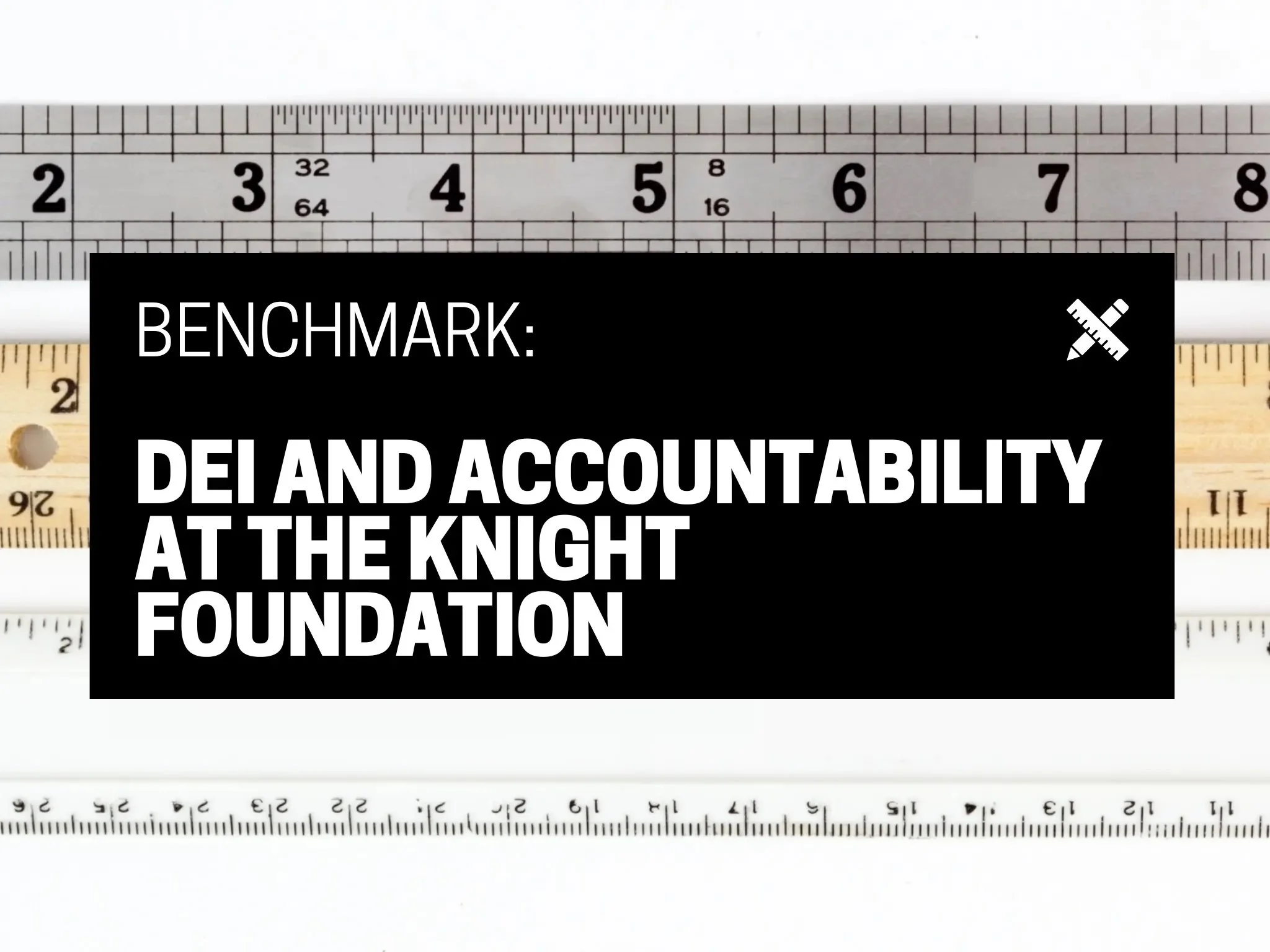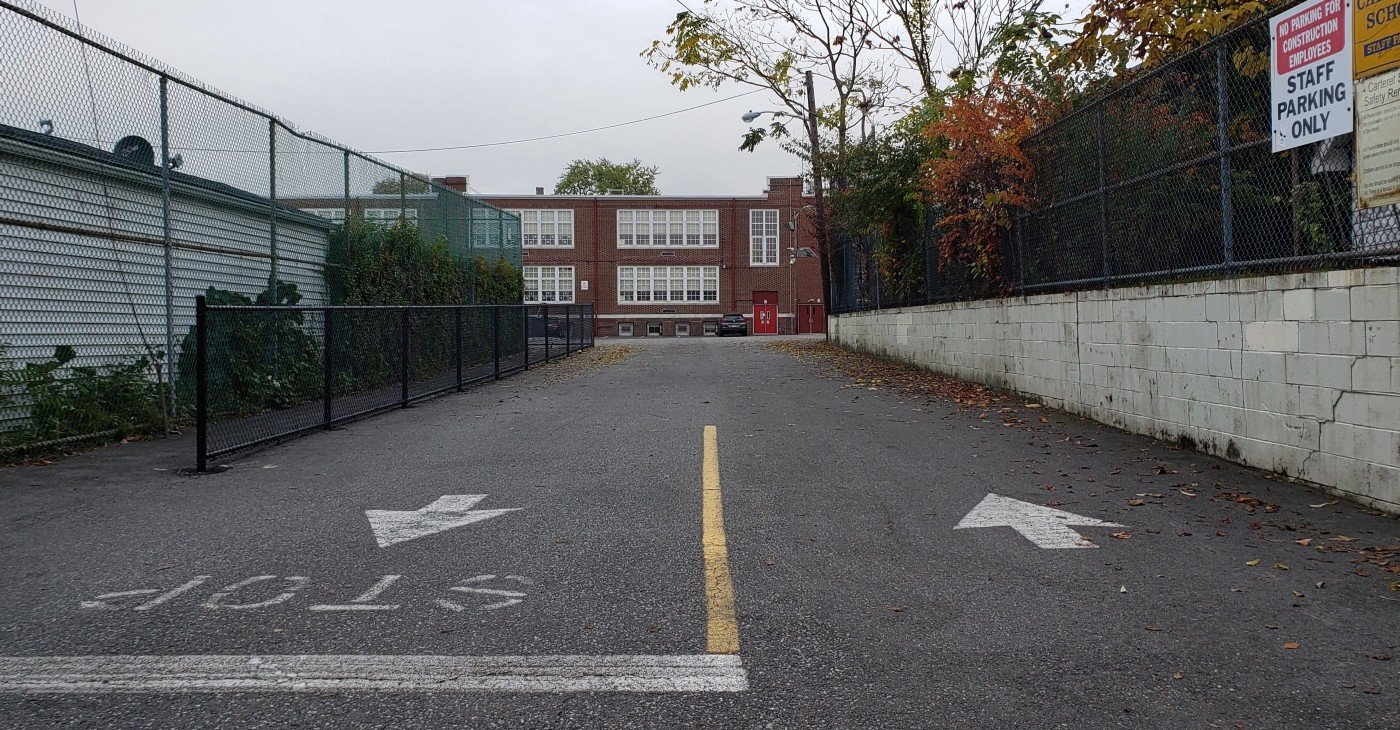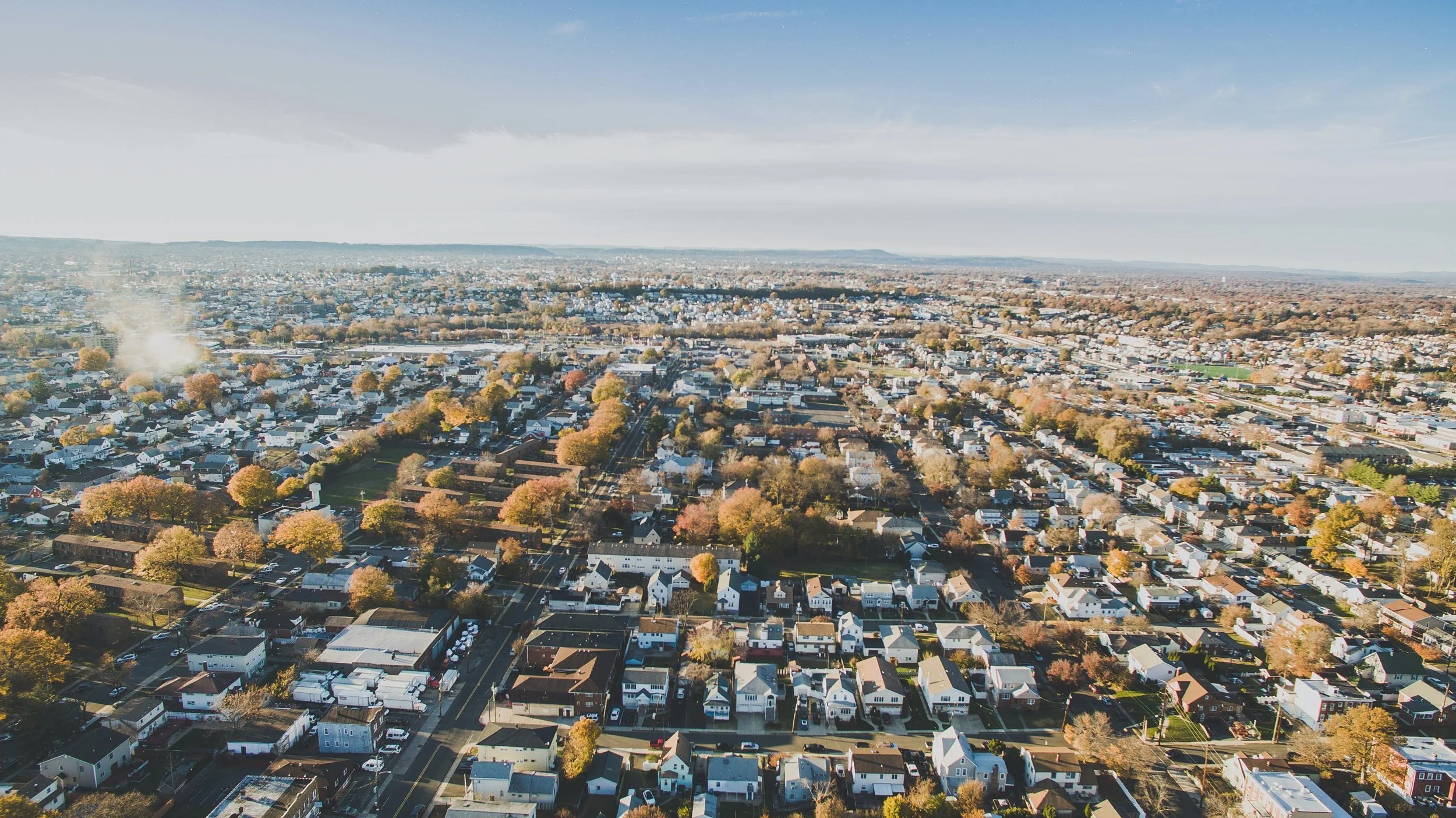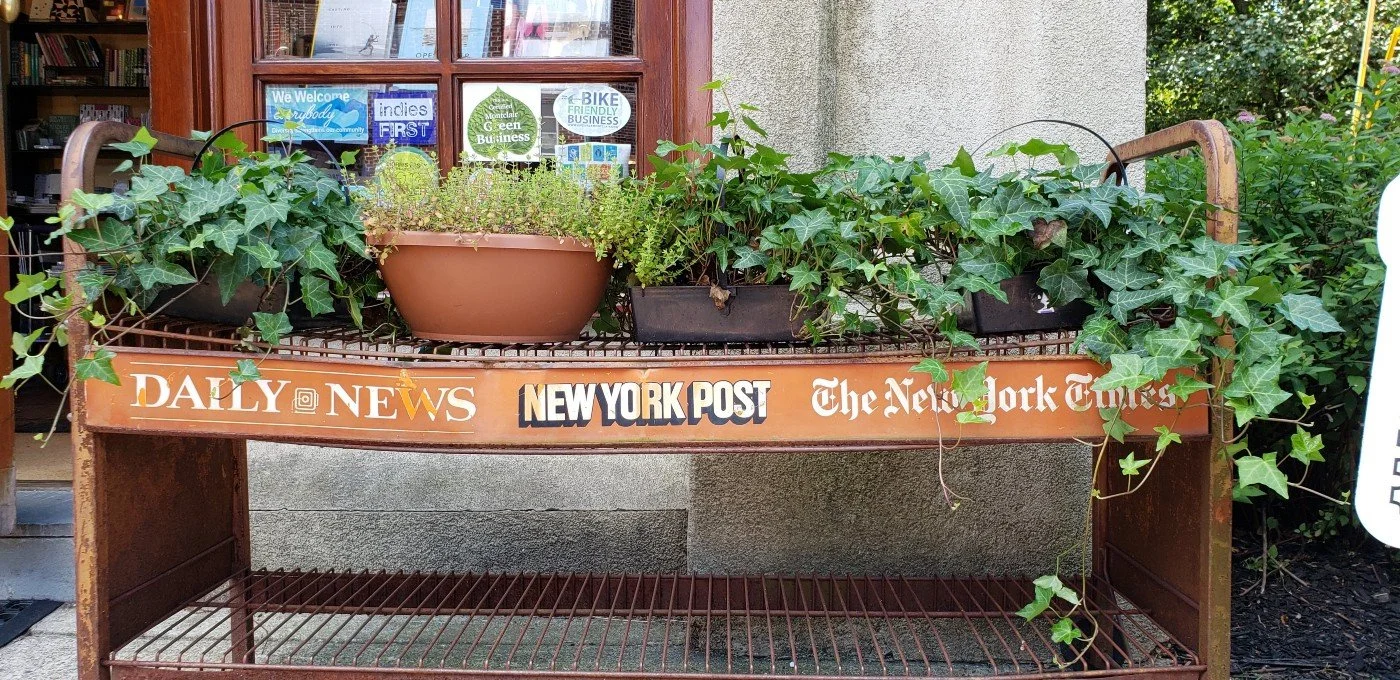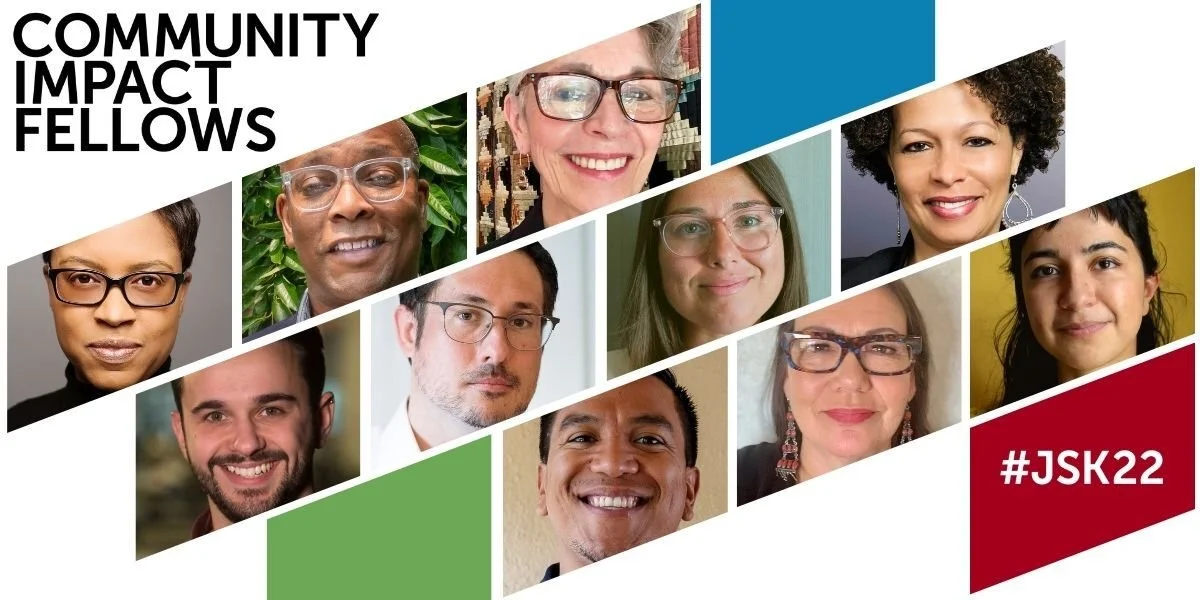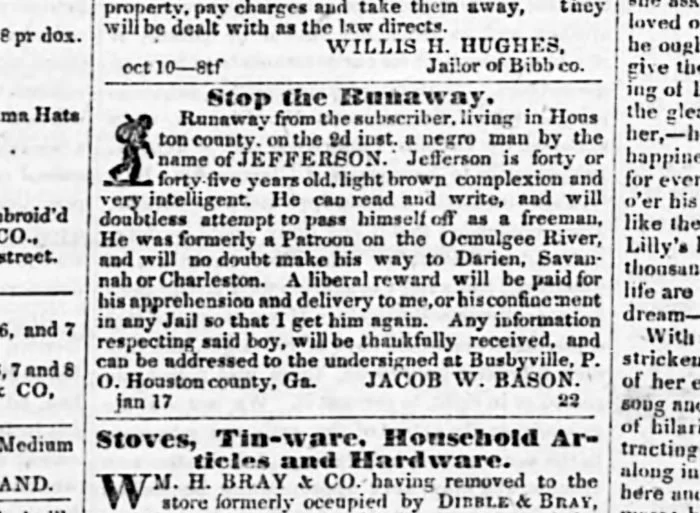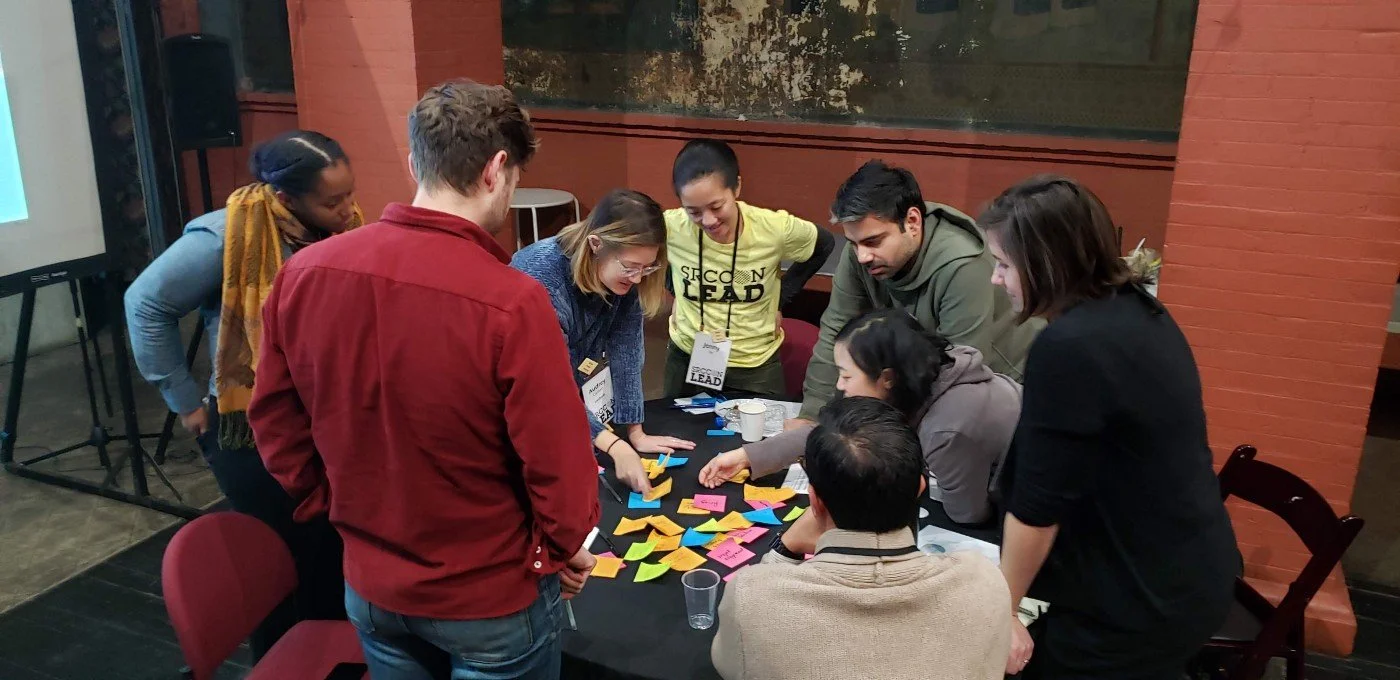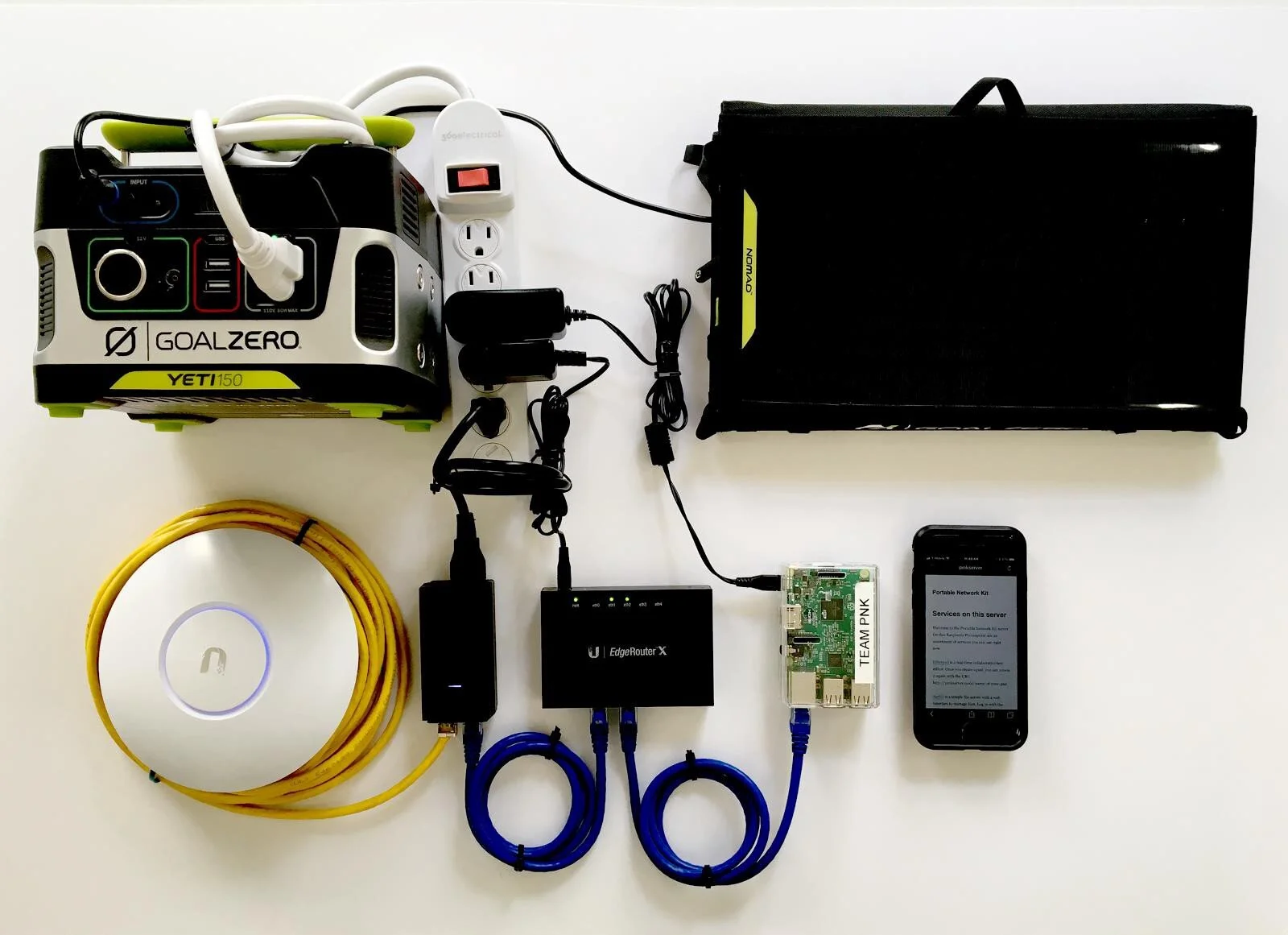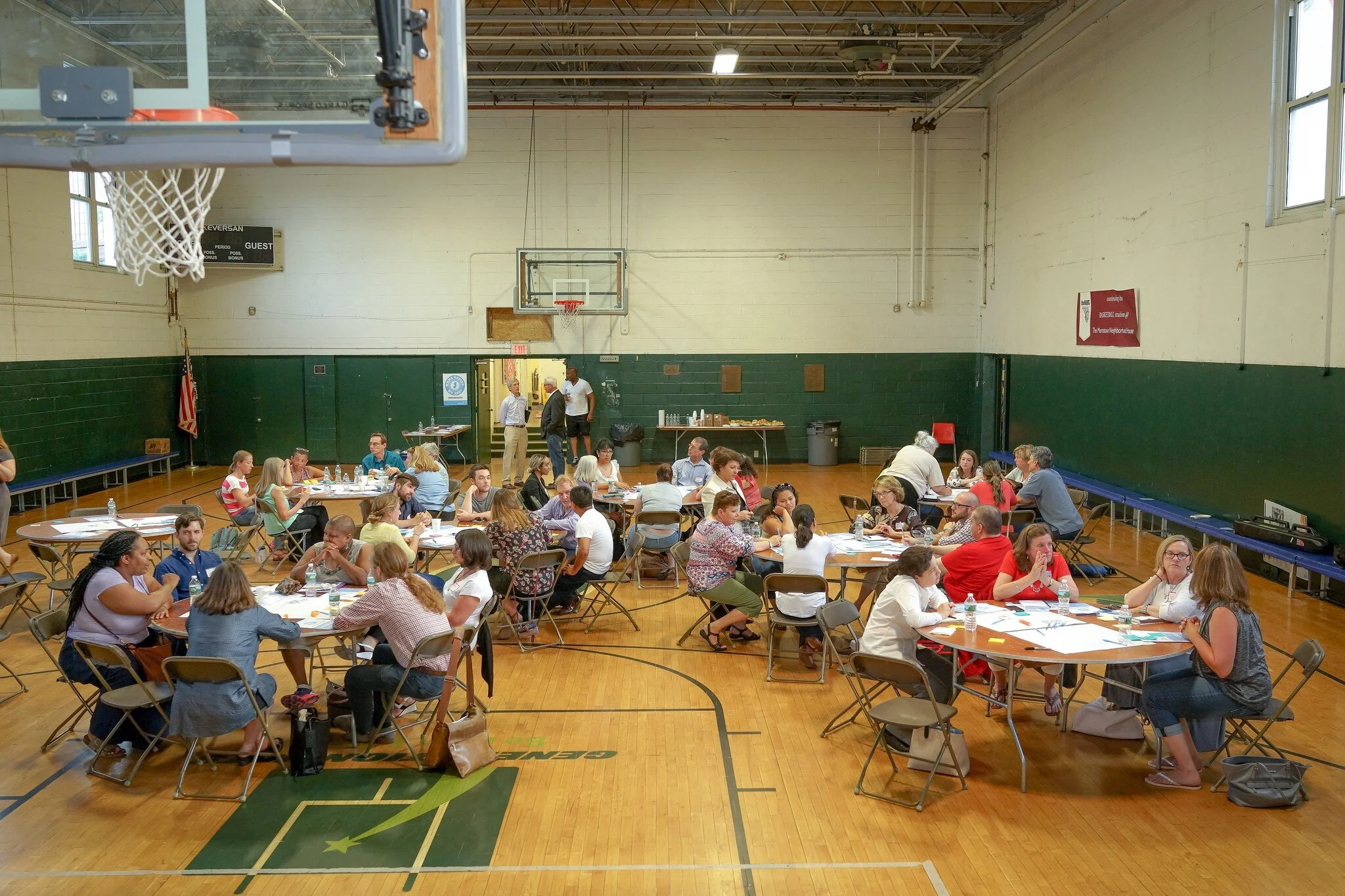The Community Info Coop’s Just Transition program released its latest report on the John S. and James L. Knight Foundation, analyzing the foundation’s commitment to DEI and reporting allegations of self-dealing and workplace harassment.
Read MoreThe Community Info Coop provides seed to launch Stories Invincible, a restorative narrative project in Camden led by the Center for Cooperative Media with support from Movement Alliance Project, the Geraldine R. Dodge Foundation, and New Jersey Local News Lab.
Read MoreLearn about how the Bloomfield Info Project is pioneering reparative models of local news and journalism.
Read MoreThe Community Info Coop launches a consensus-based collaboration with community media publishers in New Jersey in partnership with Free Press and the New Jersey Local News Lab.
Read MoreThe Bloomfield Information Project is an extension of the Info Districts Project and seeks to explore practical pathways to establishing community-run, publicly funded local news organizations. Learn about how we’re restoring a news desert and building movement for local news in New Jersey.
Read MoreCommunity Info Coop founder Simon Galperin selected for 2022 John S. Knight Journalism Fellowship at Stanford University.
Read MoreIn 2020, the Community Info Coop held a number of on-background one-on-one and group conversations about the Knight Foundation, asking journalism and civic leaders to share their experiences with the organization and their vision for its evolution. Issues raised included the need for more accountability reporting on the Knight Foundation, specifically reviewing its affiliation with far-right extremists and white supremacy. Here, we share our findings on that subject.
Read MoreCommunity Info Coop founder Simon Galperin joins journalist and organizer Alicia Bell to identify ways to invest a one billion media justice fund in a call for media reparations in Nieman Lab.
Read MoreWe developed this technology-assisted workflow to allow local journalists to reduce information inequality and respond to a community’s need for more effectively curated local news and civic information.
Read MoreLearn how journalists in Minneapolis imagined more inclusive membership models for news organizations.
Read MoreThe co-founder of Énois, a free Brazilian youth journalism school, writes that info districts could be used to make the mutual aid networks that have emerged in response to COVID-19 permanent in an announcement that the Community Info Coop’s “How to Launch an Info District” report is now available in Portuguese.
Read MoreLearn how dozens of journalists at SRCCON:LEAD in Philadelphia in 2019 imagined how to make their newsrooms more democratic.
Read MoreLongmont, Colorado is considering creating an info district through the library and the Colorado Media Project is leading a public policy study to understand the role public funding could play in sustaining local public-interest journalism.
Read MoreThe typical way to reach and activate people living in a geographic area is direct mail, texting, micro-targeting, and canvassing. But public WiFi networks create additional opportunities for journalists and engagement professionals.
Read MoreThe business model is a journalist’s first editor. How a news organization makes and spends money creates just as many boundaries as the editorial strategy that dictates what and how to report. Participatory budgeting is one way journalists can overcome those barriers.
Read More
